Study trip to Norway: exploring energy issues for OSE Specialized Master’s students
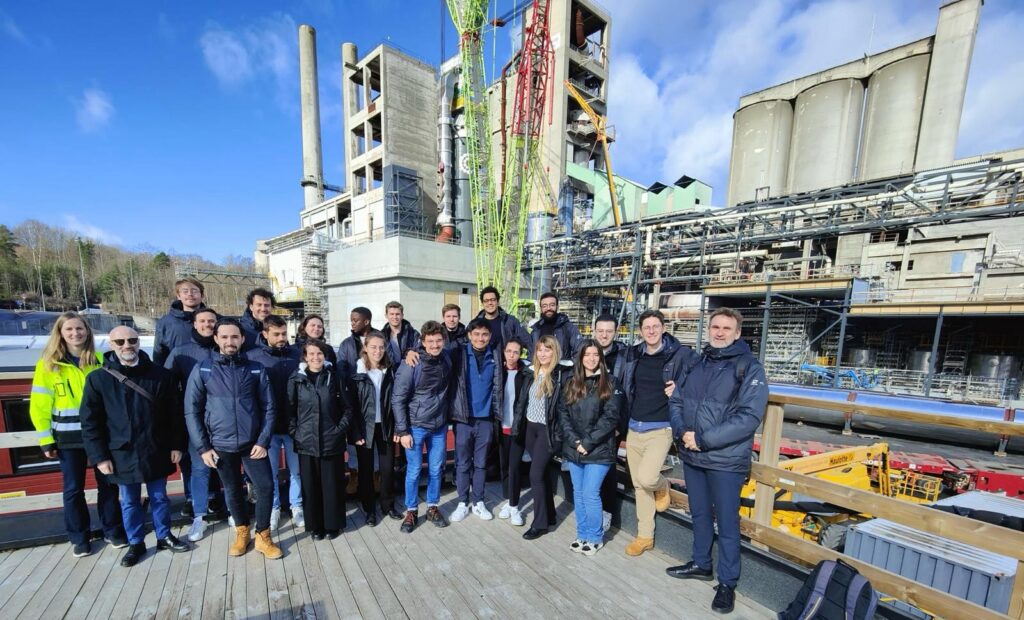

The Class of 2023-2024, whose joint project focuses on getting producer countries off fossil fuels, flew to Norway from March 18 to 24. This choice of destination was motivated by the country’s economy, which is largely dependent on fossil fuels, and its leadership in energy innovation. From hydroelectric production to the creation of the Nord Pool (Europe’s leading electricity market, which the students were lucky enough to visit during the trip), not to mention its initiatives in carbon capture and storage, the country offers fertile ground for exploring tomorrow’s energy alternatives.
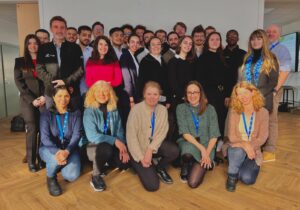
This trip gave us an insight into the scale and complexity of the transition challenges facing Norway, a very special fossil fuel producer.
Nicolas MOURARD, MS OSE student
During the trip, the students visited a research center, public institutions and industrial sites committed to decarbonization.
Here’s a quick look at the program visits:
The students kicked off their study trip to Norway with a visit to IFE, one of the world’s leading energy research institutes.
The visit took the form of a workshop, during which researchers from the Energy Systems Analysis department and the students gave successive presentations, followed by an exchange of views on the theme: “The energy transition in Norway, an oil-producing country”.
The IFE researchers first presented their work on Norwegian offshore wind power in the energy transition, electrification of the continental shelf, socio-technical paths for the transition of the energy system and, finally, current IFE research in the country’s oil and gas sector.
The students then presented their thoughts on fossil fuel demand and production in the age of “transition away” to an audience of researchers from the Energy Systems Analysis department, in the presence of IFE CEO Nils Morten Huseby. Their two presentations, which were received with great interest and enthusiasm, were on “Demand reduction and supply adjustment for fossil fuels” and “Diversification potential for fossil fuel producing countries”.
During their visit to NORAD, the agency that manages the Norwegian Development Aid Fund, the students learned how, drawing on Norway’s expertise in the development of oil and gas resources and hydropower, NORAD assists several countries in the development of their energy resources.
The students were welcomed at Hydro’s head office, where they were able to familiarize themselves with the activities of the company, a leading Norwegian group in the field of aluminum and renewable energies. They were able to appreciate the diversity of activities linked to the production of decarbonated energies, in particular to supply heavy industry.
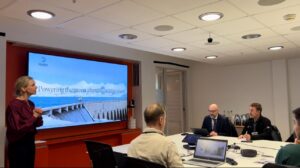
The students visited Hydrovolt’s battery recycling plant in Fredrikstad, the largest of its kind in Europe. It is a joint venture between Swedish battery manufacturer Northvolt and Norwegian energy and aluminum company Hydro (previously visited), whose mission is to provide sustainable battery recycling. During this opportunity, they had the chance to deepen their knowledge of this emerging activity as well as of “black mass”, a black powder containing lithium, cobalt or nickel resulting from the recycling of electric car batteries, often referred to as the new black gold of the energy transition.
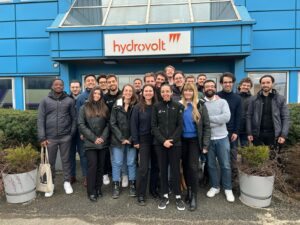
A visit to the Hafslund Oslo Celsio waste-to-energy plant in Oslo, Norway’s largest, was an instructive opportunity for the students. As Norway’s largest supplier of district heating, the company plays an important role in managing the country’s energy and environmental resources. As part of Norway’s large-scale carbon capture and storage project, known as Longship, Hafslund Oslo Celsio plans to equip its waste-to-energy plant with a carbon capture facility, aiming to sequester up to 400,000 tonnes of CO₂ per year. By understanding the waste-to-energy and carbon capture processes, the students were able to gain a deeper awareness of the environmental challenges facing society and the innovative solutions that address them.
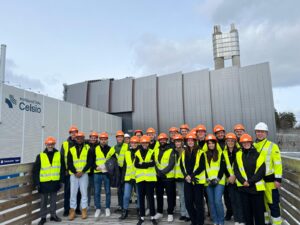
After deepening their knowledge in a number of courses on energy markets, the students had the chance to discover first-hand the workings of the mythical Nord Pool, the world’s first multinational power exchange.
By going behind the scenes of this emblematic institution, students were plunged into the very heart of how energy markets work, with the opportunity to observe the complex mechanisms that govern electricity trading on an international scale.
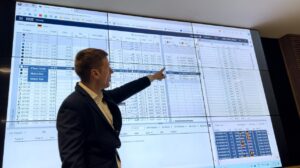
Heidelberg Materials’ Brevik cement plant is the first in the world to be equipped with a large-scale carbon capture and storage system. Brevik CCS (Carbon Capture and Storage) is part of the Norwegian Longship project, supported by the Norwegian government.
The students’ visit to Heidelberg Materials was an opportunity to delve into the heart of the cement plant’s operations, to discuss its activities and to see the construction site of the CCS unit, currently being installed.
The students had the chance to visit ERAMET’s impressive Porsgrunn foundry. Over a century old, the smelter is the world leader in the production of refined manganese alloys. Among other things, the students were able to appreciate the foundry’s work on energy efficiency, and have the opportunity to witness a casting of this molten metal.
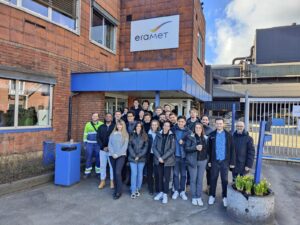
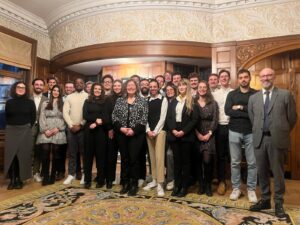
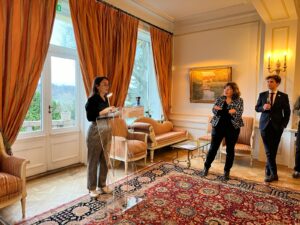
The week gave students the opportunity to fully immerse themselves in the current challenges of the energy transition, from the complexity of the challenges to the wealth of solutions envisaged.
Nicolas MOURARD, a student in the MS OSE class of 2023, testifies:
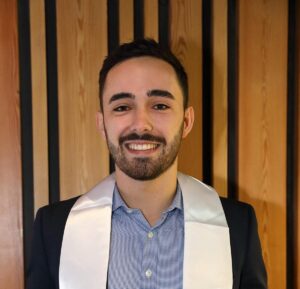
“Visiting companies and organizations at the forefront of their fields gave us a real feel for the questions and research avenues currently being explored on decarbonization paths, whether through the development of carbon capture and storage (CCS) technologies, battery recycling or the growing importance of environmental and energy issues in investment decisions. It’s a great privilege to have been able to take part in this trip, which is rich in technical, strategic and cultural lessons, and which perfectly illustrates the learning we received during our first six months at the OSE master’s program, from economics to finance and, of course, energy optimization and expertise!”
Good news: applications for the OSE Specialized Master’s program are open until May 26!